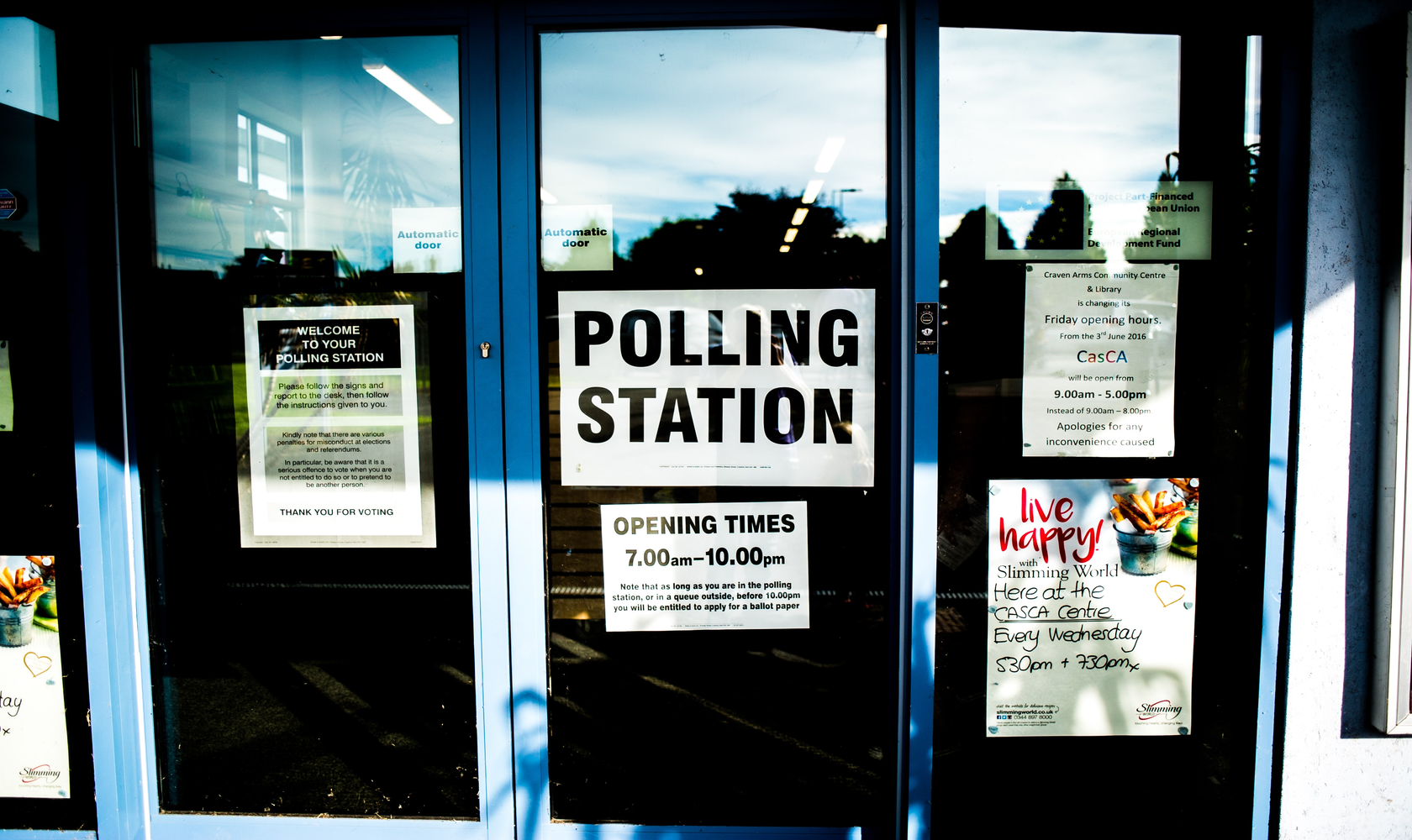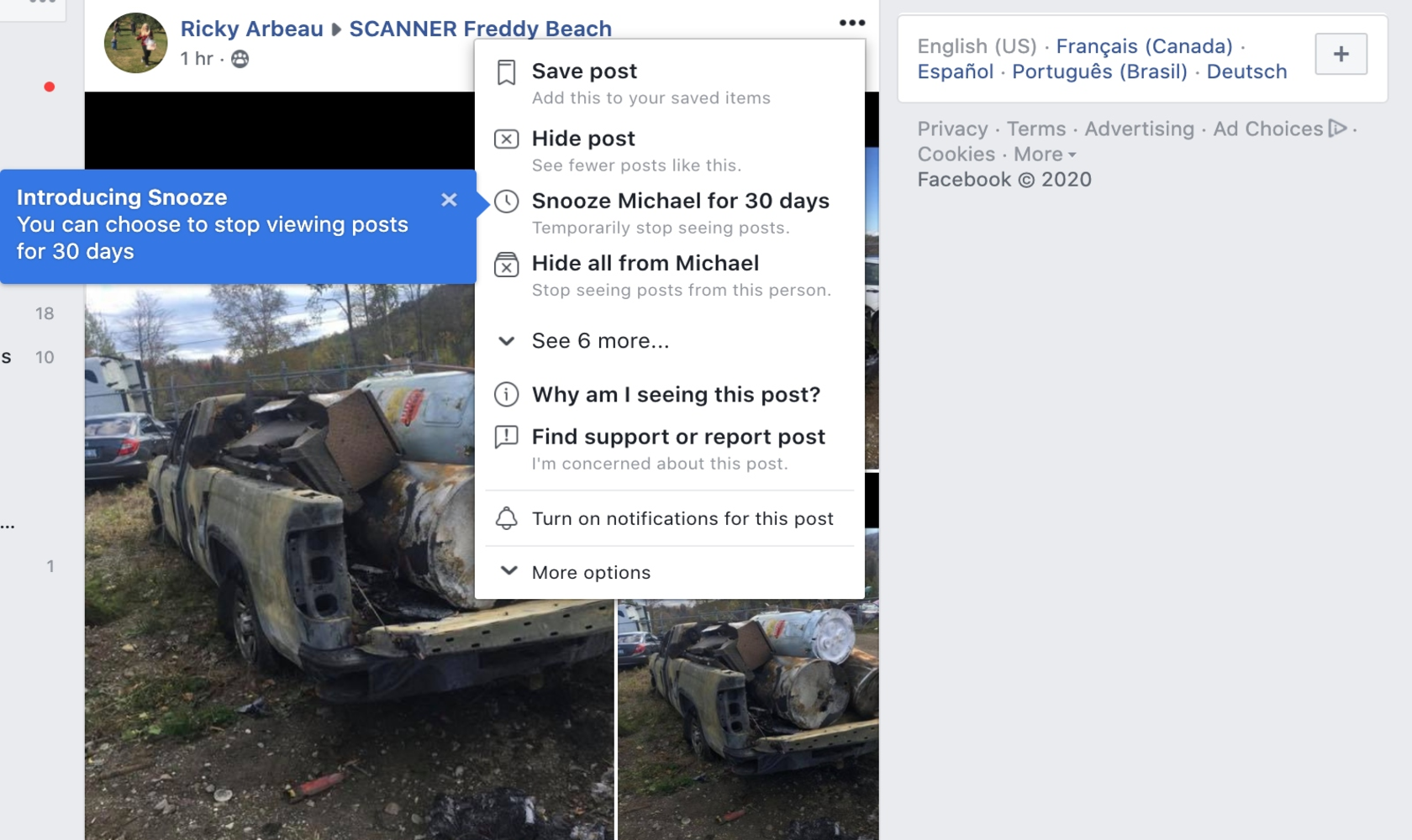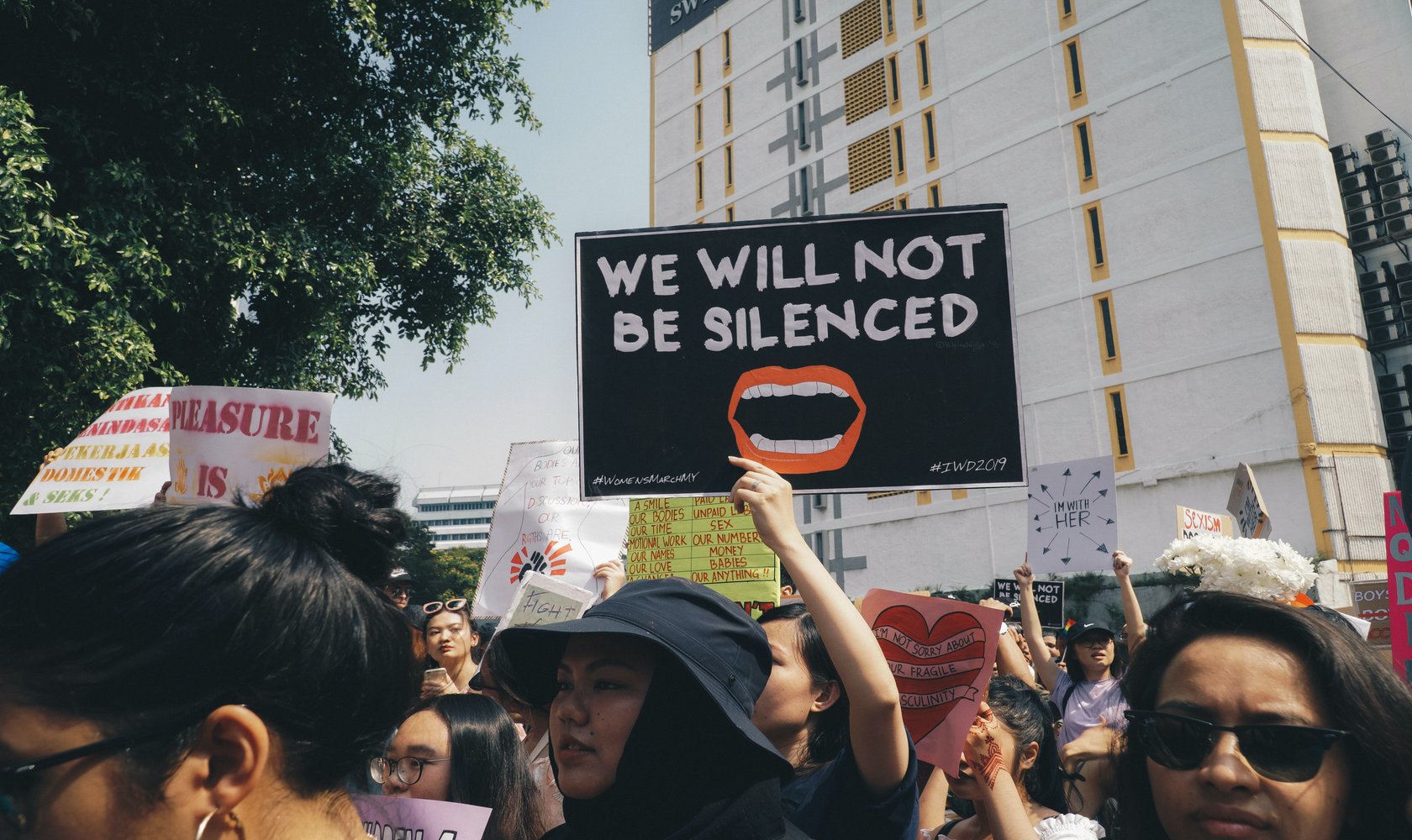Social media can be fun, helpful, and a great way to connect with others. However, it can also be toxic. Depending on what type of people you follow, your social media timelines and feeds could be full of cute cats, or rife with conflict and negativity.
Platforms like Facebook and Twitter were designed to bring people together from all over the world. Whether through shared friends or common interests. However, there are times when it does the opposite. Let's look at some of the ways social media causes divisions.
1. Fueling Arguments About Politics

Now, more than ever, people are interested in politics and exercising their democratic right to vote. While this is a positive thing, some people take it too far and participate in heated arguments with friends and family on social media.
You have probably already noticed the division among society because of politics.
Many people believe that only their opinion is correct and attempt to change others' minds. Rather than either side backing down, the argument becomes more heated and as a result, these relationships can end up strained or fractured. These days, people will not hesitate to delete someone from their friends list after a disagreement over politics.
How to Snooze Friends on Facebook
If you have someone on your Facebook friends list who is overly passionate about politics, to the point of contention, you can take a break from them. Facebook has the option to "snooze a friend for 30 days". This option allows you to temporarily unfollow a friend for a month so you do not see their posts.
To use this feature:
- Click the three dots in the upper right-hand corner of the person's post.
- Then select the Snooze [Friend] for 30 days option

This feature will give you a 30-day break from an overzealous friend, automatically re-following them after the 30 days is up.
You can snooze as many friends as you want, and this is a great way to get away from the negative comments without your friend knowing. They do not receive a notification that they have been snoozed. If they continue to annoy you, you can also delete friends entirely from Facebook. And there are some legitimate reasons to delete your Facebook friends.
2. Spreading Conspiracy Theories

If you have a presence on social media, you'll be no stranger to conspiracy theories.
This phenomenon is when a group of people believes that an organization or person is responsible for a clandestine incident or situation without actual evidence. Many conspiracy theories are created online on sites such as Reddit. Sometimes the participants will use real or doctored photographs and screenshots as evidence of a conspiracy theory being true.
Conspiracy theories can be very damaging, yet a sizable portion of the population believe them to be true. And the split between those who do believe a conspiracy theory and those who don't is widening the societal divide.
The Wayfair Conspiracy Theory
In 2020, a conspiracy theory circulated on social media posing the idea that the e-commerce company Wayfair was trafficking young women through its website. I wrote an article debunking this conspiracy theory, which went viral online.
I was contacted by two of the missing women who were named and pictured in the screenshots people posted as evidence for the wayward theory. They thanked me for writing the article and told me that although they were briefly missing a couple of years ago, they have moved past this point in their life.
Their images being used to bolster this conspiracy theory have damaged their lives and resulted in them and their families being harassed by strangers. Consequently, one of these women had to legally change her name to stop people from contacting her.
You may have noticed some people will vehemently defend conspiracy theories. They want to believe they are true, regardless of evidence to the contrary.
It isn't clear why. It could be the mystery element of being indirectly involved in "solving a case," or the idea that there's more to something than meets the eye. Either way, these types of claims can be very damaging to the people involved and extreme caution should be practiced when sharing posts regarding conspiracy theories on social media.
If you want to be sure you're not adding fuel to the fire, visit a website such as Snopes to see if a conspiracy theory has been debunked.
3. Making Culture Wars Worse

A culture war is a division between two sides regarding an issue of importance to society. Topics such as gender identity, race, politics, and abortion are hot button topics that are polarizing in nature and can fuel a culture war.
The most common culture war seems to be between the left and right of politics. Generally speaking, one side is more liberal and believes in pro-choice for abortions, LGBTQ+ rights, and other social issues. While the other is more conservative in their beliefs, and tends to be more focused on finances and traditional values.
While many of us are somewhere in the middle, the extremes on both sides are pulling society apart at the seams.
You have probably witnessed debates about social issues being conducted online or even participated in them yourself. Typically, they escalate quickly and someone always ends up being hurt or upset as a result of these passionate arguments.
These types of conflicts usually end up turning personal, with people insulting each other's appearance, morals, or intelligence. In the end, nothing is being done to help the cause in question, with both sides merely yelling over each other.
All of us come from different backgrounds, with different beliefs and many of us are happy with our stances on these hot button issues. Participating in a culture war seems to have no other purpose than dividing two groups of people who will always believe they are right.
Have you had your fill of these types of arguments? If so, it may be worth reminding yourself how to follow and unfollow people on Facebook.
Be Part of the Solution, Not the Problem
Social media has been a life-changing addition to our everyday lives. Thankfully, it connects us more than it divides us and there are ways you can avoid being subject to the negativity you see on social media. You just need to make use of the tools Facebook and others provide to keep your feed free from divisive issues.
The most important thing to remember is to be kind to your fellow human beings, even if they have a different opinion than you. You're not always going to share the same beliefs as others, but you can learn to agree to disagree. After all, we only become divided as a society when we allow something to divide us.
from MakeUseOf - Feed
via Source
Comments
Post a Comment